


The Bengal Health Department has suspended the principal of RG Kar Medical College and Hospital in Kolkata, Sandip Ghosh, amid ongoing investigations into a recent rape and murder case. At the same time, the West Bengal Assembly unanimously passed a new anti-rape bill, proposed by CM Mamata Banerjee, which includes harsh punishments for rape convicts. However, BJP leader Suvendu Adhikari's proposed amendments to the bill were not accepted by the House.
Bengal Takes a Stand: Anti-Rape Bill Passes Amidst Medical College Investigation
Background
In the wake of a horrific rape and murder case in Kolkata, the Bengal government has taken swift action to strengthen its response to sexual violence. The tragic incident involving a first-year student of RG Kar Medical College and Hospital has sparked widespread outrage and forced a reckoning with the state's handling of such crimes.
Principal Suspended, Anti-Rape Bill Passed
As part of the ongoing investigation, the Bengal Health Department has suspended Dr. Sandip Ghosh, the principal of RG Kar Medical College and Hospital. Authorities are examining the institution's security protocols and the alleged role of staff members in the victim's death.
Simultaneously, the West Bengal Assembly has unanimously passed a new anti-rape bill proposed by Chief Minister Mamata Banerjee. The bill includes stringent punishments for rape convicts, including the death penalty in certain cases. However, proposed amendments by BJP leader Suvendu Adhikari, including the provision of capital punishment for child rapists, were not accepted by the House.
Top 5 FAQs
1. What led to the suspension of the principal of RG Kar Medical College and Hospital?
The principal has been suspended amid allegations that the college administration failed to adequately address safety concerns raised by students, leading to the victim's tragic fate.
2. What are the key provisions of the new anti-rape bill passed by the West Bengal Assembly?
The bill includes provisions for the death penalty for repeat rape offenders, life imprisonment for gang rapists, and mandatory DNA profiling of all rape convicts. It also mandates the establishment of fast-track courts for speedy trial and protection for witnesses.
3. Why were Suvendu Adhikari's amendments to the anti-rape bill rejected?
Adhikari's amendments, which included capital punishment for child rapists, were deemed unnecessary by the government. The bill already provides stringent punishments for such crimes, and the CM stated that the death penalty should be reserved for the "most heinous" cases.
4. What other steps is the Bengal government taking to address sexual violence?
In addition to the anti-rape bill, the government has announced the setting up of women's safety cells in every police station, the strengthening of victim protection programs, and the launch of awareness campaigns to educate the public about sexual harassment and assault.
5. What are the historical precedents for such anti-rape legislation in India?
India has a history of passing anti-rape laws in response to high-profile cases of sexual violence. In 2012, the Nirbhaya Act was passed after the horrific gang rape and murder of a young woman in Delhi. The act introduced stringent punishments and reforms in investigation and prosecution procedures.
Conclusion
The Bengal government's swift response to the RG Kar Medical College and Hospital case and the passage of the new anti-rape bill are encouraging steps in the fight against sexual violence. The measures being taken signal a commitment to holding perpetrators accountable and creating a safer environment for women and girls in the state.
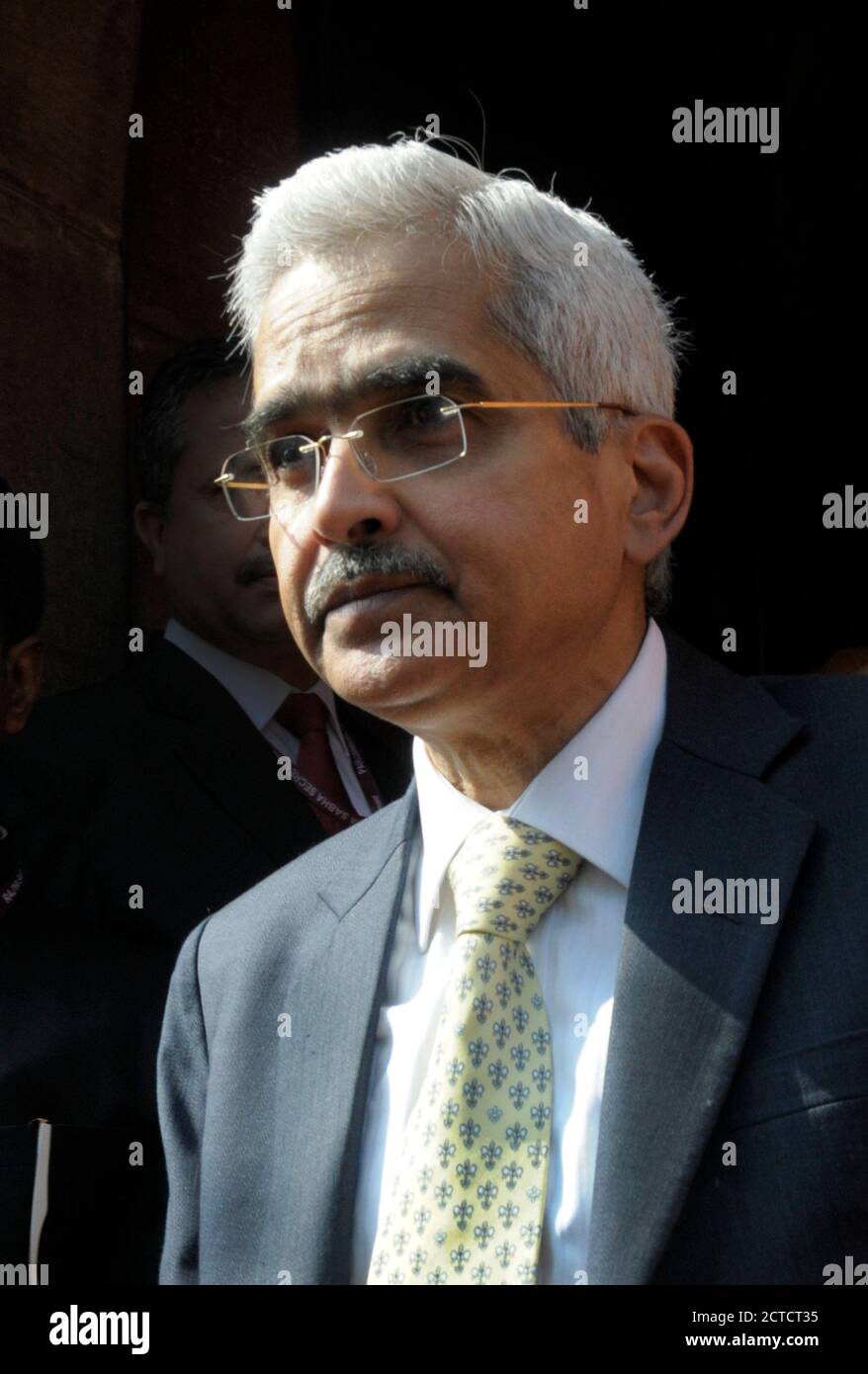
In a move that has sparked attention and speculation, former Reserve Bank of India governor Shaktikanta Das has been appointed as the principal secretary-2 to the prime minister. This high-level bureaucratic change has stirred up discussions on the role of non-political appointees in the Indian government.
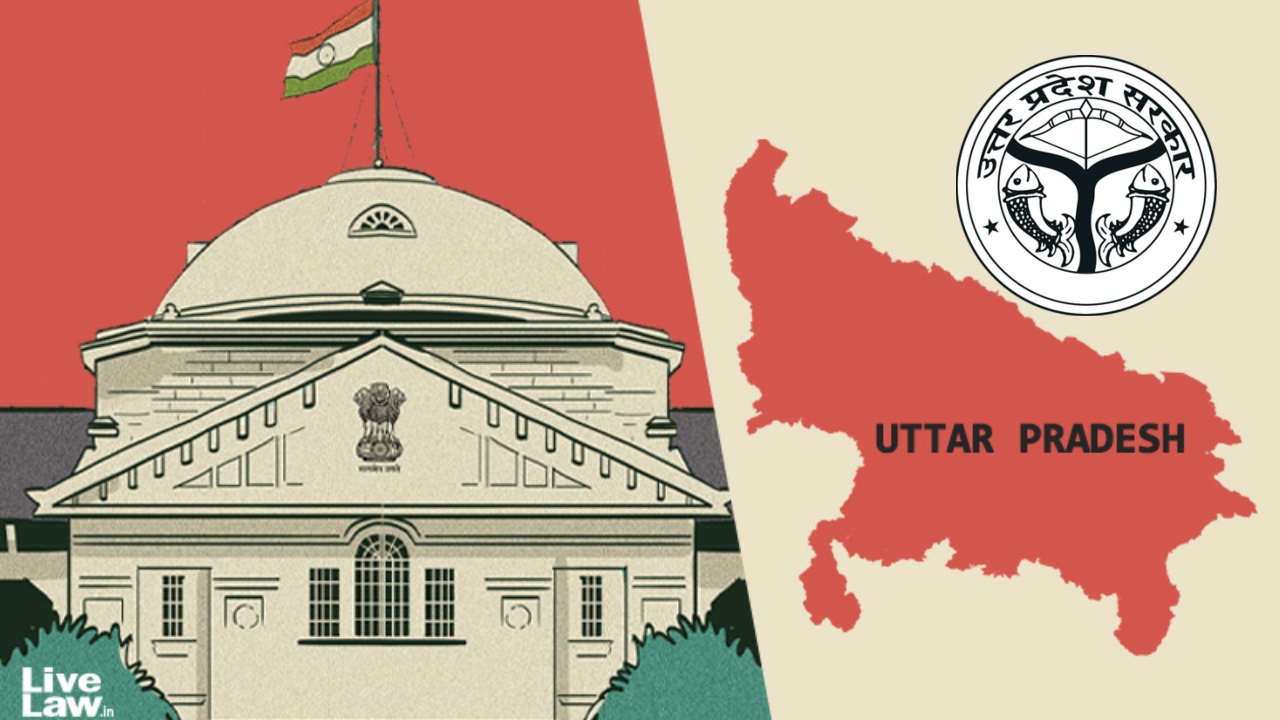
In a crucial move, the Allahabad High Court has directed the Uttar Pradesh authorities to provide an update on the implementation of FASTER (Fast and Secured Transmission of Electronic Records) mechanism in the state. This mechanism aims to efficiently handle the transmission of electronic records, ensuring faster and more secure processes. The directive from the court comes as a step towards streamlining administrative procedures and promoting digital governance.
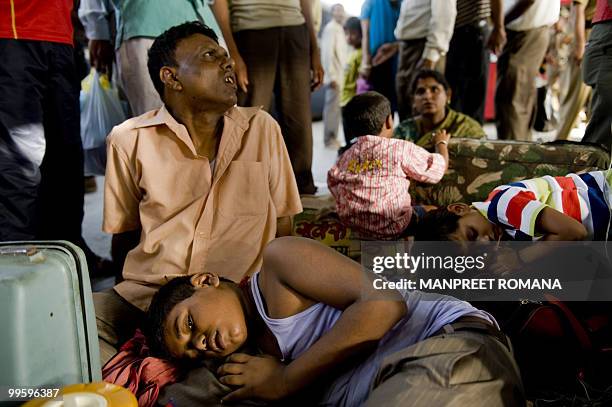
The Ministry of Railways has directed social media platform X to remove photos and videos related to the February 15 stampede at New Delhi Railway Station that disrespect the deceased, outrage women's modesty, and are traumatic for survivors and their relatives. The directive was issued after family members of the stampede victims requested the Ministry to take action. The Ministry has also recently empowered its executive director to issue notices to platforms carrying prohibited information related to railways.

In a fiery speech during a debate on the motion of thanks, BJP chief whip Sanjay Jaiswal targeted Feroze Gandhi, the grandfather of opposition leader Rahul Gandhi, for changing his surname to Gandhi. Jaiswal's remarks have received praise from senior party leaders, who see it as a challenge to the Gandhi dynasty. This comes amid BJP's campaign to connect with regional groups and attract Telugu-speaking voters, with Andhra Pradesh Chief Minister N Chandrababu Naidu's recent meeting in Delhi gaining significant traction. Additionally, the Home Ministry has directed all ministries and government departments to not omit the national motto, 'Satyameva Jayate', when using the State Emblem of India, stating that the emblem is "incomplete" without it.
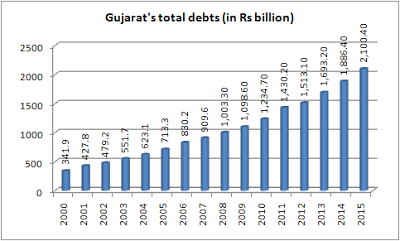
In a written reply to Congress MLAs, Gujarat's Finance Minister Kanubhai Desai stated that the state's public debt stands at over Rs 3.77 lakh crore, with over Rs 48,000 crore paid as interest in the past two years alone. The government has borrowed from financial institutions, market loans, and the central government, drawing criticism from opposition Congress for burdening the people of the state.

The Trump Administration has proposed cutting Title 20 funds, which go towards social safety programs like Meals on Wheels. This move would drastically reduce the nonprofit's budget, potentially leading to a 50% cut in the number of clients they can serve. With a waiting list of 300 people and growing, this decision could have devastating consequences for the elderly and infirm who depend on Meals on Wheels for low-cost meals and essential services. Meals on Wheels Plus in Abilene is just one of the many programs at risk of losing critical funding, leaving them in a precarious financial position.

The latest controversy surrounding a popular digital show in India, India's Got Latent, has brought to light important discussions about the line between comedy and responsibility on the internet. Host Ranveer Allahbadia's remarks have caused a nationwide debate, with individuals from all walks of life speaking out about the incident. While some have questioned the rapid escalation of the issue, others have drawn attention to the larger context of hate speech and its consequences. Politician Priyanka Chaturvedi strongly emphasized the need for responsible use of platform and plans to formally address the issue.
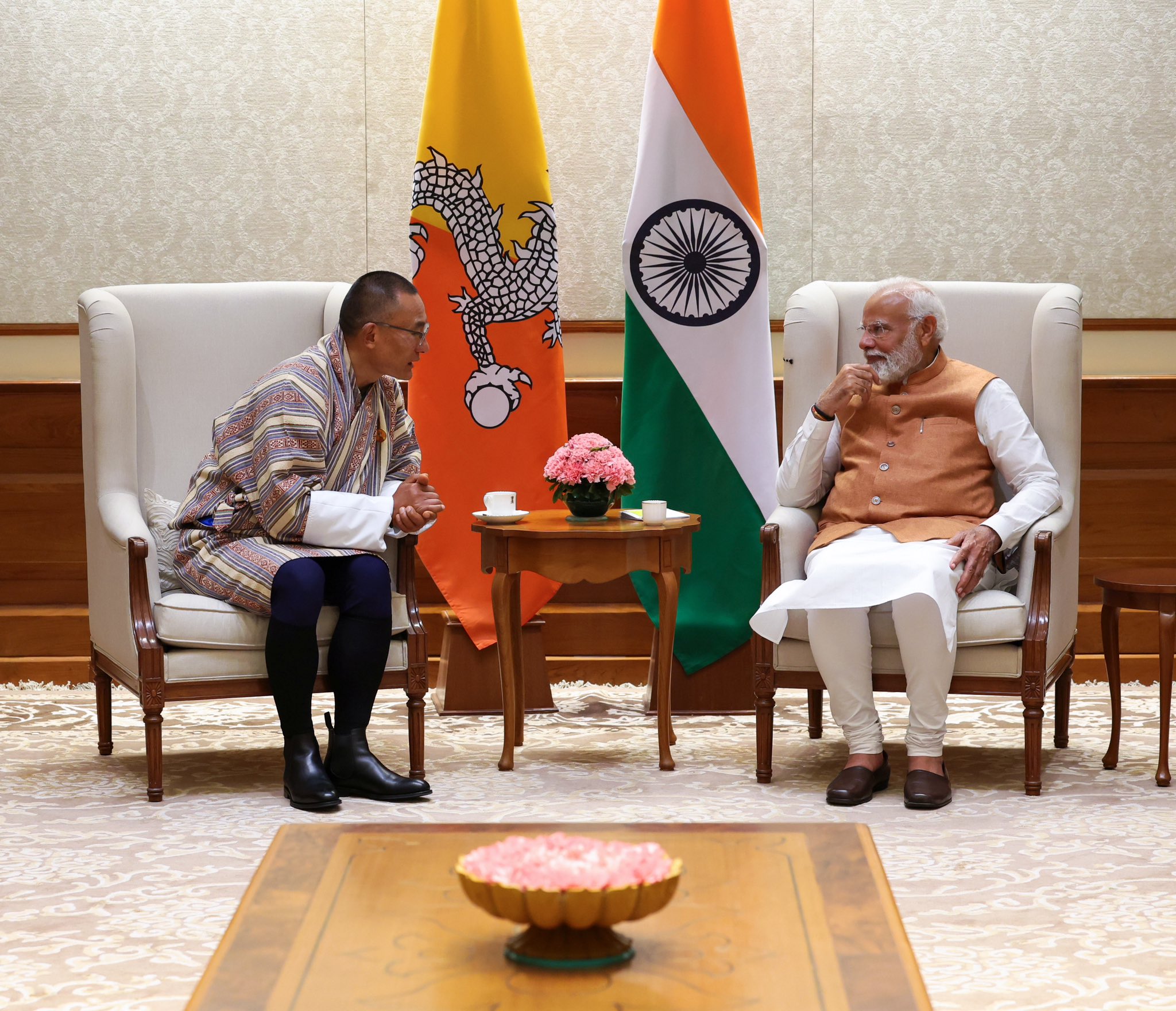
Prime Minister Narendra Modi and Bhutan's Prime Minister Tshering Tobgay joined forces at the School of Ultimate Leadership (SOUL) Leadership Conclave to discuss the importance of authentic leadership in today's world. Modi's unwavering commitment to nurturing leaders from various fields was praised by Tobgay, who referred to him as an "elder brother" and a mentor. The two-day event, which brings together leaders from different domains, aims to inspire young audiences by sharing experiences of both successes and failures in leadership.
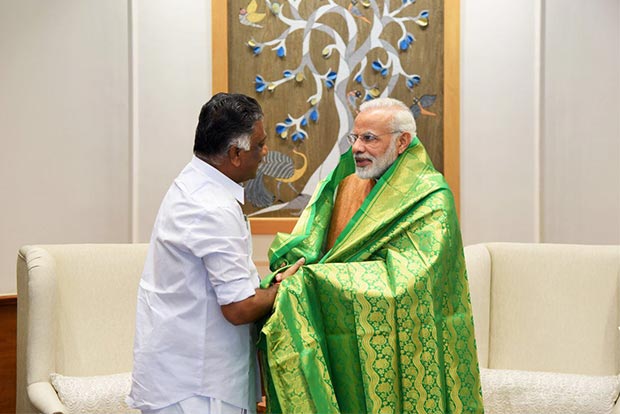
Tamil Nadu Deputy Chief Minister Udhayanidhi Stalin has warned the Centre against implementing the National Education Policy (NEP) in the state, stating that the people of Tamil Nadu will launch a 'Get out Modi' campaign if their rights are snatched away. He also demanded the immediate release of funds for the education department and appealed to the opposition AIADMK to join the ruling DMK in protesting against the NEP. This has raised concerns over a potential language war in the state, impacting the future of Tamil children.
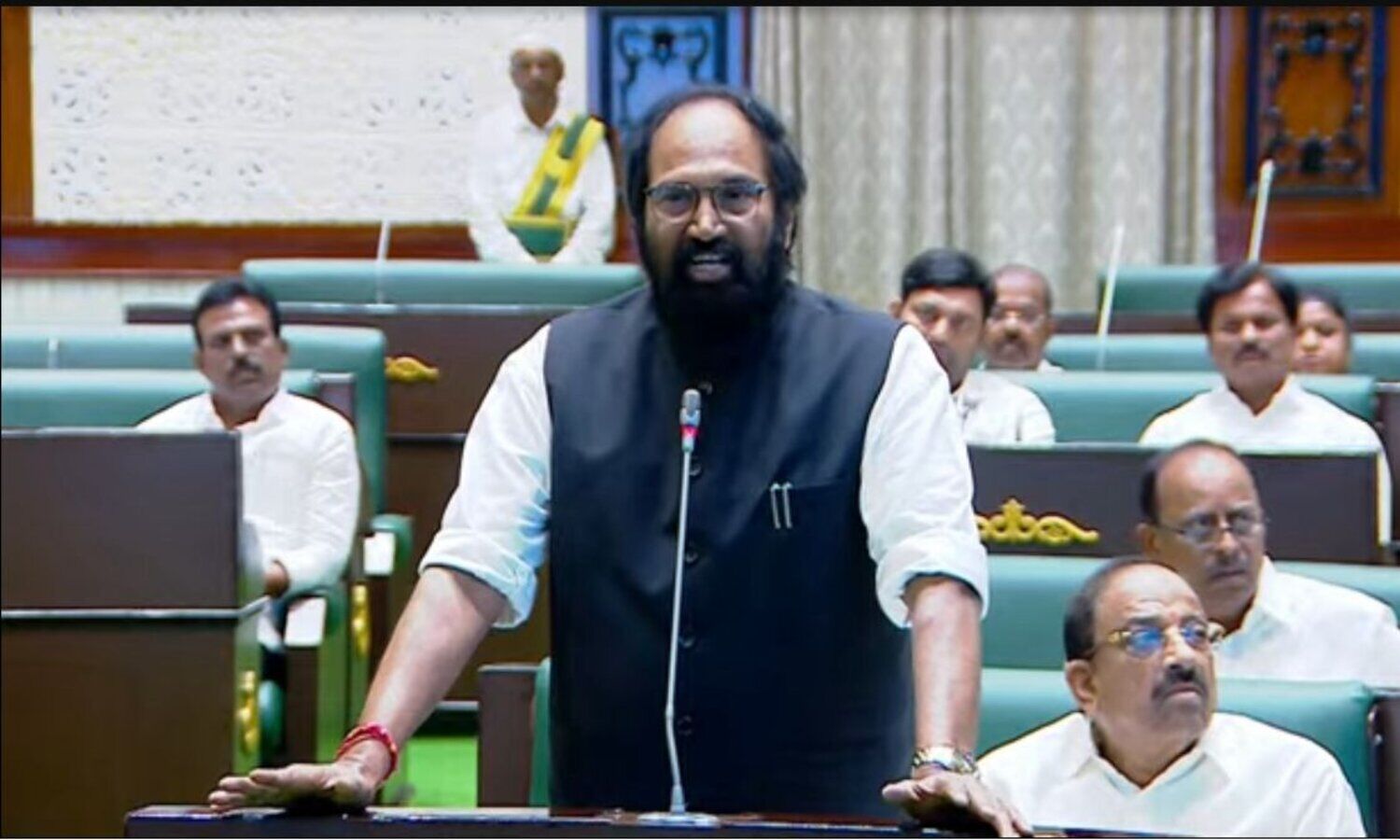
Telangana's Irrigation Minister N Uttam Kumar Reddy has called out the Telangana Rashtriya Samiti (BRS) for disseminating false information to the public regarding the sharing of Krishna river water with Andhra Pradesh. Reddy accused the former irrigation minister and BRS leader T. Harish Rao of trying to discredit the Congress government instead of taking responsibility for their own failures. Data from the Krishna River Management Board also showed a consistent imbalance in water usage between the two states, with Andhra Pradesh using over 60% of the water while Telangana's share remained below 36%. The negligence of the BRS government in addressing this issue has resulted in delays for crucial irrigation projects and water shortages for farmers in Mahbubnagar, Nalgonda, and Rangareddy districts.